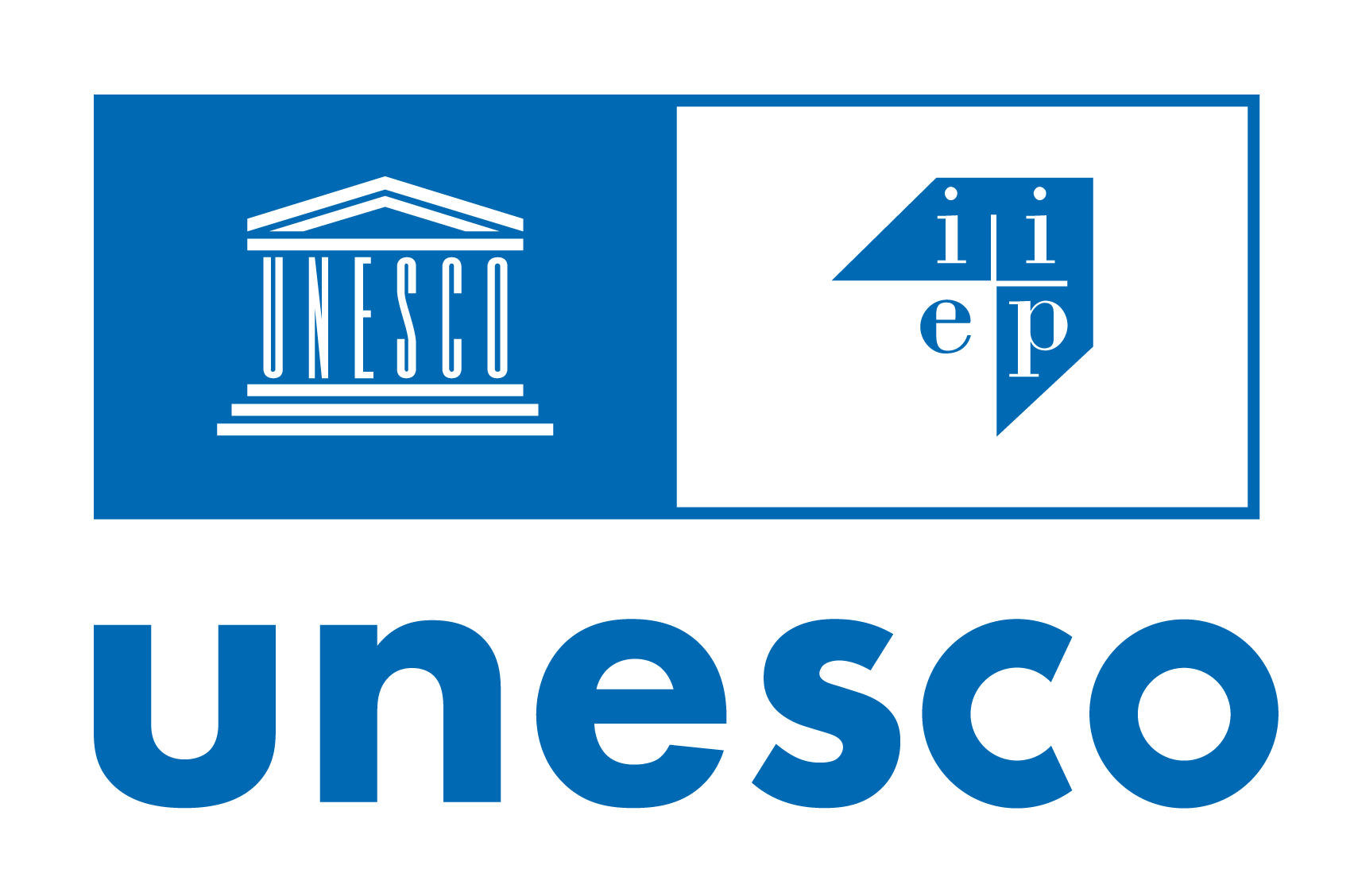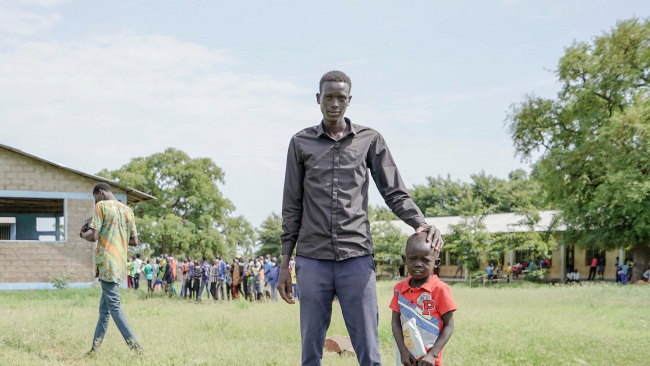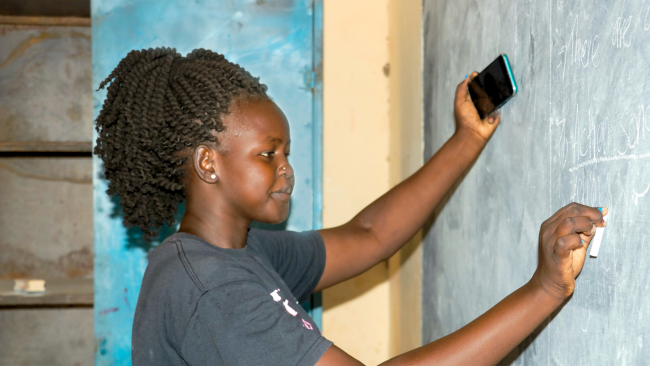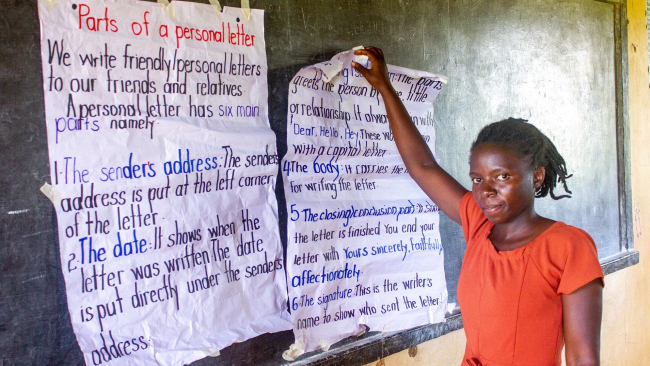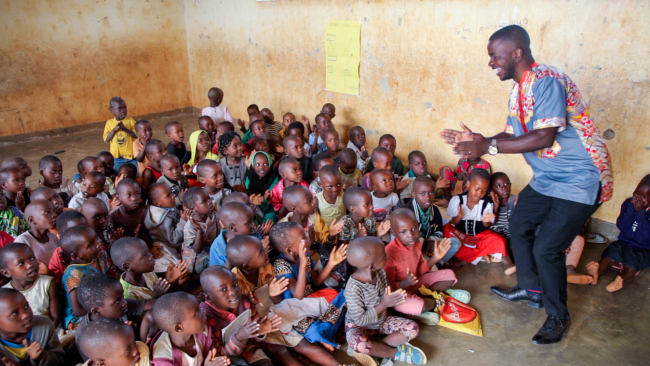The main objective of this article is to discuss how an Early Childhood Education and Care (ECEC) institution in a refugee camp can promote social sustainable education. By giving empirical examples of innovative pedagogical ideas and practices inside a Greek ECEC institution, this article argues that concepts of formation are ways to promote social sustainable education. The article draws on data from an ECEC institution in which both the children living in a refugee camp and Greek children are located together. With nature as a neutral cultural mediator, serving as a pedagogical framework, children can make new experiences based on participation, equality and mutual respect. Data were produced through field observations, semi-structured interviews and one group interview from March 2019 until September 2019. The empirical data reveal three dimensions that we suggest work as markers for social sustainable pedagogical practice: the importance of nature and play as a facilitator for children’s activities; the importance of participation and equality; and the importance of commitment to the community. The findings are discussed in relation with theoretical concepts of formation, with a particular focus on children as active agents and the value of experiences, and the importance of highly qualified educators.
Année
2021
Pages
18
Périodique
Sustainability, 13(7)
Type de ressource
Langues
